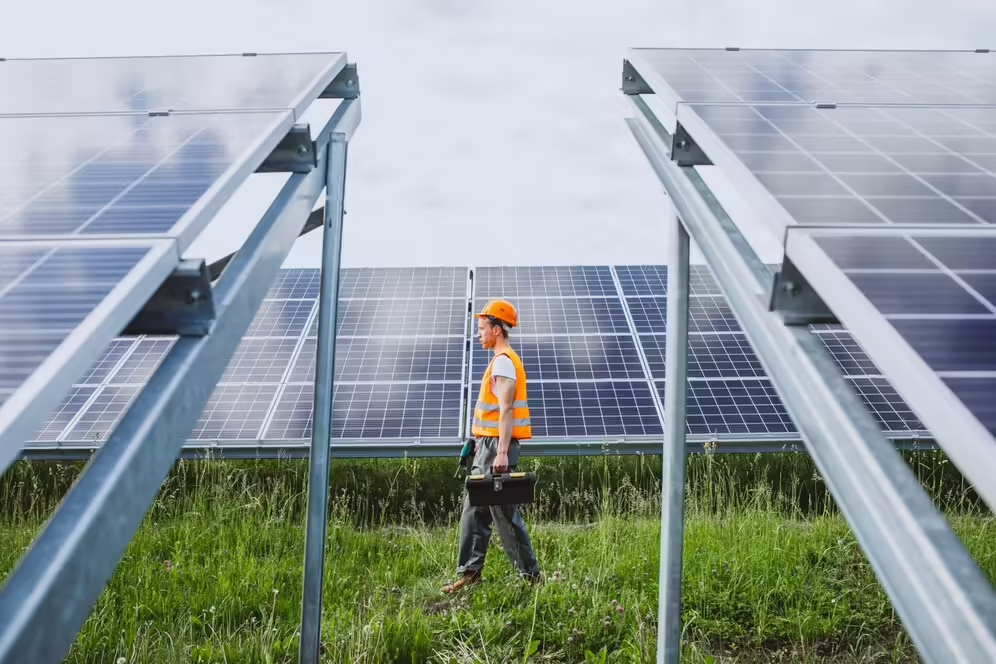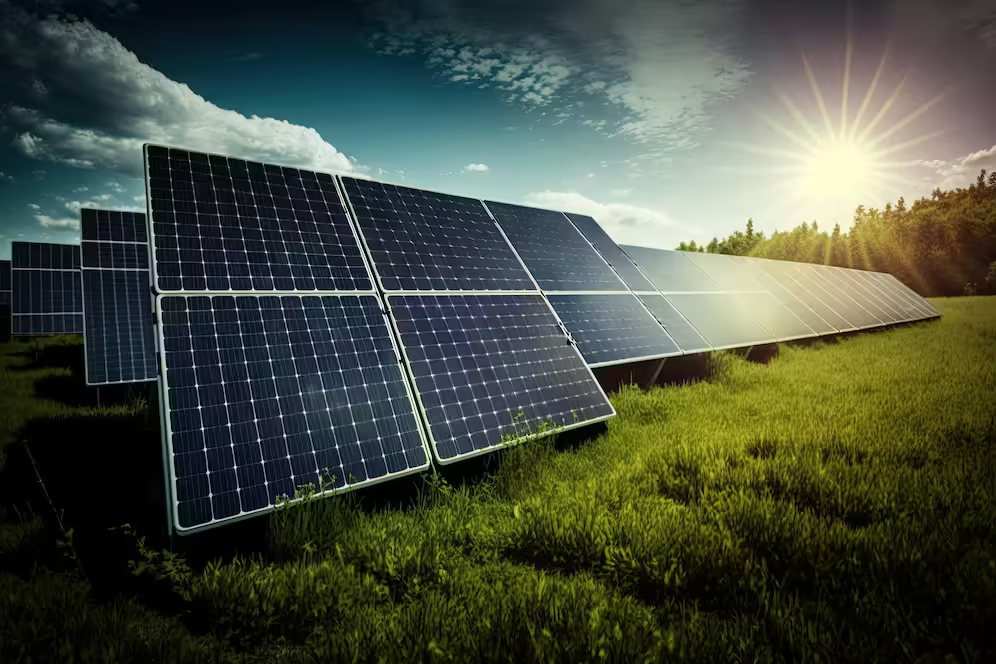Abstract
The inclusion level of DFS and Laku Pandai (inclusion of access or use of services) have reached 28% and 43%. Nevertheless, when we de?ne the inclusion by account ownership (inclusion of banking account), the inclusion rates drop to 5% and 25%. The lack of awareness of DFS and Laku Pandai is still considered as the major obstacle to broaden the access of ?nancial services through agents. Laku Pandai appears more reliable in improving ?nancial service access for the poor and people in remote areas as it may provide a more ef?cient access (in term of cost, distance, and time of transport) and perceived by users to provide better service quality than other formal ?nancial services they have experienced thus far. On the other hand, DFS services seems to be more attractive toward more educated and higher income segment of society. Nevertheless, the cost of access of DFS is not much different from the cost of access of banks and other formal ?nancial services while the quality is perceived to be less by its users. Furthermore, the ef?ciency of both DFS and Laku Pandai could be much improved since there is a signi?cant overcharging in their service fees. On the account ownership, there is an indication that DFS is not a preferable ?nancial access for people who are excluded from formal ?nancial services while it is for Laku Pandai. The regression results also show that users of both DFS and Laku Pandai need time to open or to register an account, possibly due to time needed to build in trust in the agents. Another factor that is important in determining whether user is to open an account is the (perceived) cost. Therefore, the aforementioned service fee overcharging should be taken seriously to improve rate of opening or registering account.




